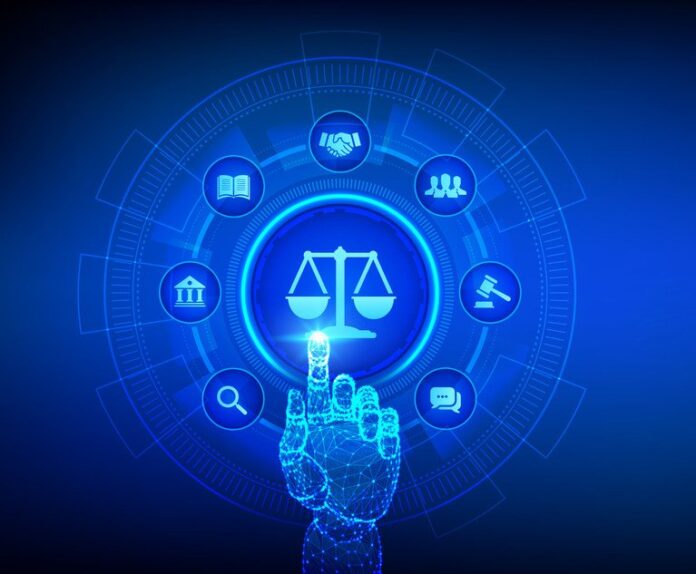In a high-stakes legal battle with sweeping implications for AI and copyright law, a Delaware federal judge ruled Tuesday that ROSS Intelligence illegally copied more than 2,200 headnotes from Thomson Reuters’ Westlaw to train its competing AI-powered legal research tool.
The decision, issued by U.S. Circuit Judge Stephanos Bibas, delivers a major victory for Thomson Reuters, reinforcing the copyright protections surrounding Westlaw’s editorial content and key number system.
The ruling reverses a 2023 decision in which Bibas declined to grant summary judgment for Thomson Reuters and did not dismiss ROSS’s fair use defense.
AI and Fair Use: A Legal Battleground
This case has been closely watched as a bellwether for AI copyright disputes, particularly as courts grapple with fair use claims in AI training—an issue at the heart of ongoing lawsuits involving OpenAI, Meta, and other tech giants.
While Judge Bibas noted that ROSS’s technology is not generative AI, his findings could influence future litigation surrounding the use of copyrighted materials to train AI models.
Westlaw’s Content Protected Under Copyright
Thomson Reuters had long argued that Westlaw’s headnotes—short summaries of legal rulings—and its key number system were original works protected by copyright law.



